The second most popular topic I get asked about it my eating habits. This is second only to the topic of hair growth and post-chemo styling. So, today I will be answering all of your questions about what I eat, what I don’t eat and how I approach wellness at this stage in my cancer recover. Yes, I still consider myself in recover 2 years post-chemo. I hope this post inspires you as you navigate wellness during and after cancer.

In this post and this post, I share about my approach to diet and wellness and how my perspective changed after cancer. I used to hop from diet to diet constantly focused on losing weight. Now my approach is more focused on whole life wellness and how I feel after I eat. I focus on food choices that I feel good about and that nourish my body. The food choices I make led to a stronger, healthier mind and body and are not intent to follow a strict prescribed diet. Of course there is reasoning behind the guidelines I set for myself, but what keeps me motivated on this oath are the results — how my body looks and more importantly, how I feel physically and emotionally.
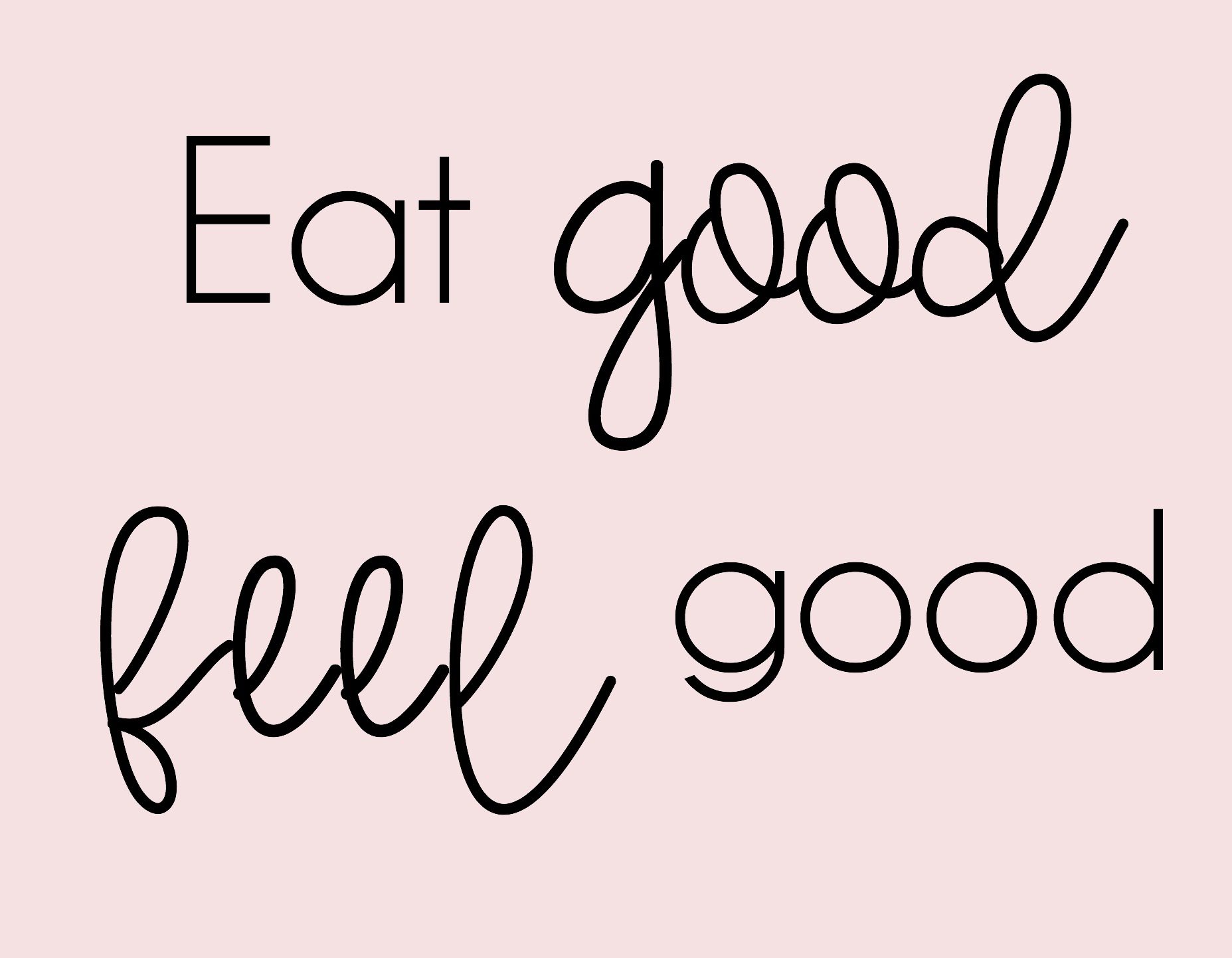
So let’s get into it. What am I eating these days? Instead of focusing on what I am not eating, which can make it seem restrictive, let’s look at what I am eating. I am eating fruits, veggies, beans, tempeh/tofu*, fish, nuts, and whole grains. When I look at all those options, it really doesn’t feel restrictive at all. It may take some more creativity, but I find I am enjoying this plant based diet more than I would have thought. It is amazing all the things you can make with vegetables, whole grains, legumes and nuts.
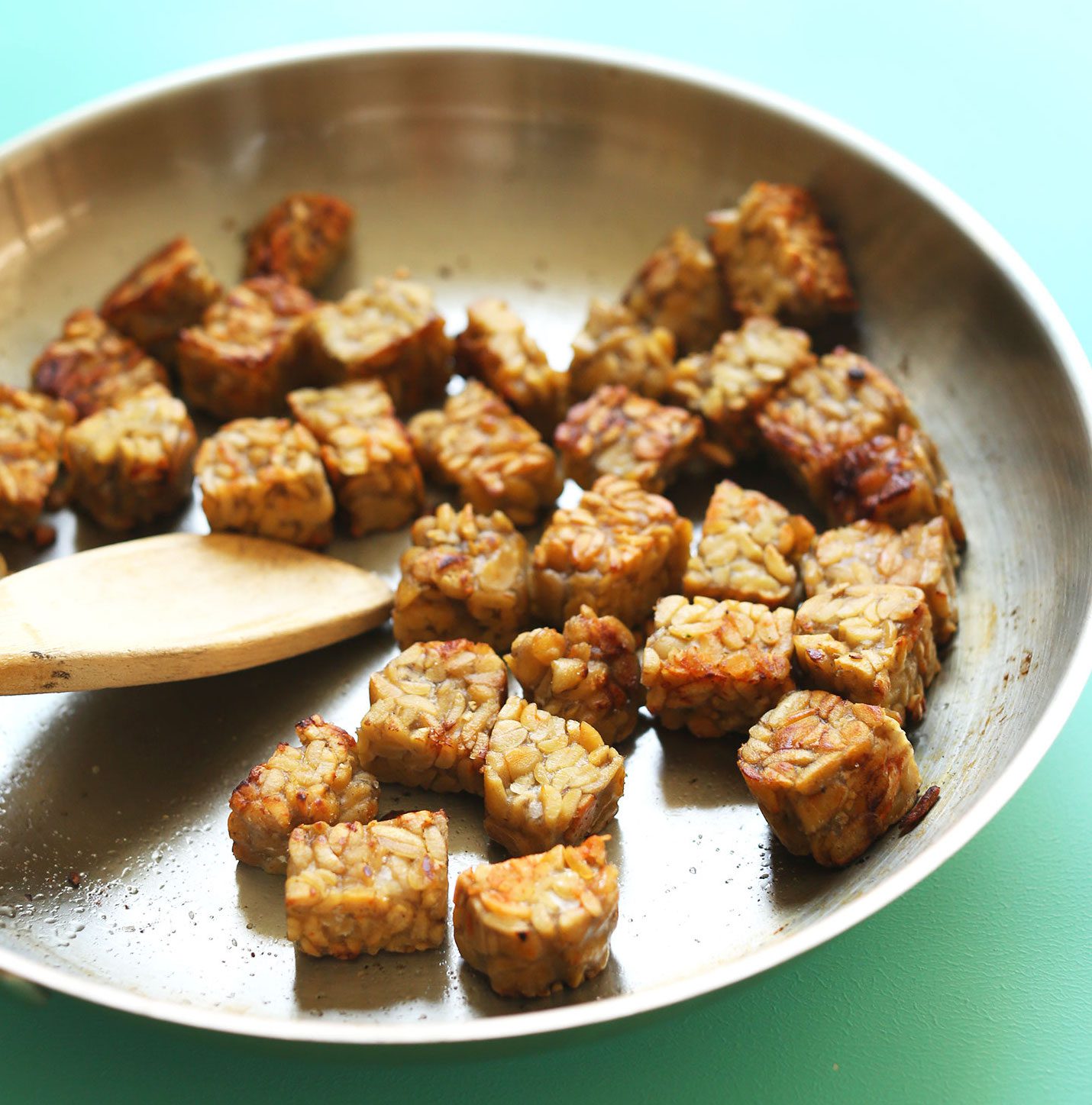
*Soy and breast cancer can be such a hot topic. My oncologist and oncology dietician have both confirmed that tofu is completely fine for a hormone positive breast cancer survivor and does not lead to added risk for breast cancer. The key is to consume whole soy products (tofu, tempeh, edamame) and avoid processed soy (soy protein, powdered soy, meat substitutes made with soy) or soy supplements. Though the estrogen-like properties of soy seem like they could increase the risk of breast cancer recurrence or mortality (death), current studies suggest that eating moderate amounts of soy foods is safe for breast cancer survivors. (1-3)
In this post I will pick up right after chemo when I decided to cut out processed sugar. This decision was encouraged by my oncologist and since I’d gone sugar free before for about 2 months (pre-cancer) I felt confident I could do it again. There are some studies linking sugar to cancer cell growth and while there may be some truth to that, that wasn’t what spurred my decision. I made the decision to cut out sugar because it’s highly addictive and I don’t like that way it impacts my body. The first two weeks off sugar are similar to any drug withdrawal, but once you get over the hump you’ll never look back. If I even eat a small bite of processed sugar now, I have the most horrific sugar crash within 1-2 hours that it makes me never want to touch the stuff again. To satisfy my sweet tooth, I look for more natural sweeteners made with dates, fruit, stevia (liquid only – much less bitter), erythritol and limited instances honey/maple syrup. I find these sweeteners don’t have the same negative impacts on my body that I experience with processed sugars like cane sugar, corn syrup, brown sugar, etc.
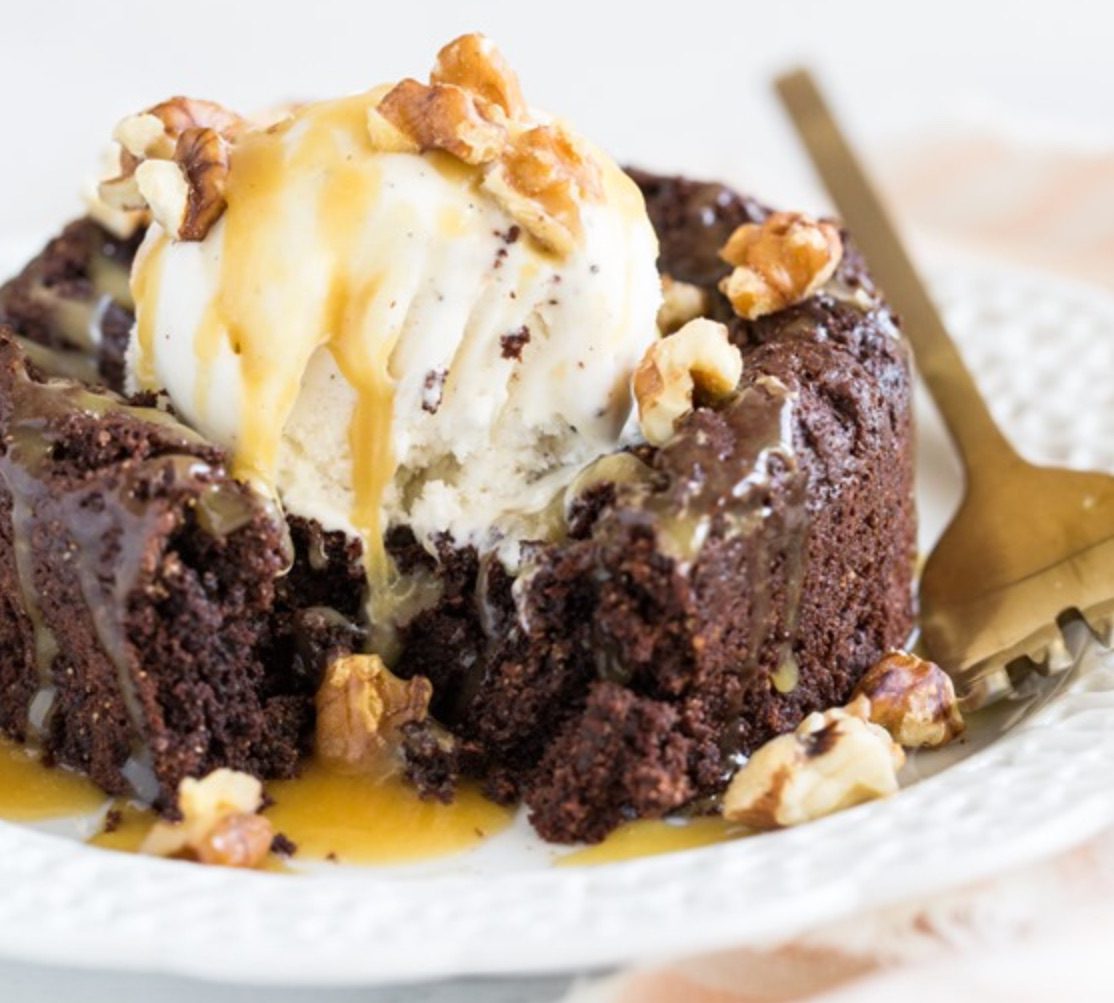
About a year and a half after giving up sugar, I decided to go gluten free. This started as a solution to fatigue associated with post-cancer recovery and my hypothyroidism. I started seeing a new thyroid specialist and she suggested I try a gluten free diet to help with the my fatigue, bloating and T3/T4 levels. I tried it for 8 weeks and while it did not impact my T3/T4 levels, I did feel better so I decided to stick with it. I rarely ate processed carbs (generally containing gluten), so I didn’t really feel like I had to cut anything out. With all the gluten free options out there, it was easier than I thought. The gluten free shift along with a new medication to balance my T3/T4 (Nature-Throid) really helped improve my energy levels.
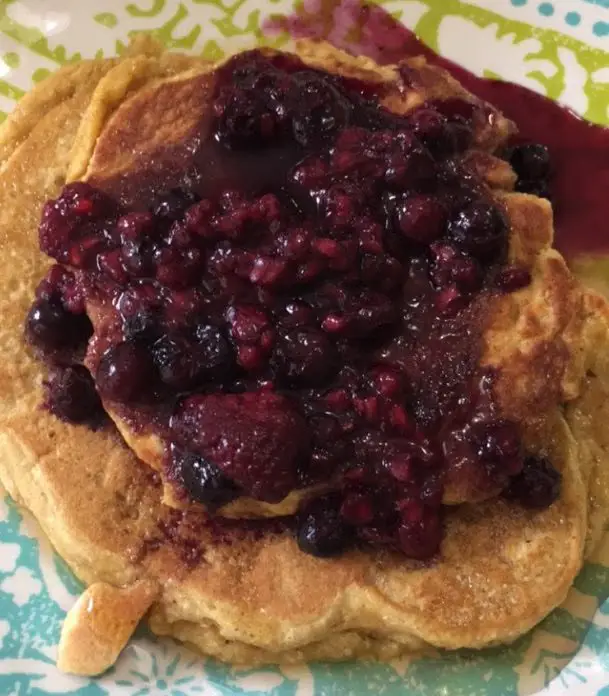
Around the same time I went Gluten Free, I did my first juice cleanse, 5 whole days of JUST juice. After the cleanse, you are supposed to gradually reintroduce the foods most difficult on your digestive system (sugar, dairy, meat, processed food). As I began to reintroduce food, I realized I did not crave meat. Instead I craved things like berries, walnuts and avocados. That was the beginning of my pescatarian diet. It really happen naturally and I told myself that if I began to crave meat I eat it. I really focused on listening to my body. Surprisingly I only craved chicken a few times and when I did eat it, I felt sick immediately. It’s now been almost 6 months without meat and my only departure was on Thanksgiving when I enjoyed some turkey along with a gluten free sugar free pumpkin pie. Yum!

August came around and I was now gluten free, pescatarian and sugar free. I only seemed fitting that the dairy purge would come next. Growing up I rarely ate dairy and have also been semi-allergic. Whenever I eat dairy it causes a lot of mucus, and leaves me bloated/constipated for days. The problem is… I LOVE cheese. I Never drank milk, don’t eat yogurt, but CHEESE was just so hard to give up. After getting my fill of cheese at the NC state fair followed by queso at a local restaurant I felt felt disgusted with myself both physically and mentally. The next morning, I decided it was time to go dairy free. Just like with the sugar, I had done this before for a 2 month period prior to my diagnosis and I remembered feeling great. That was the motivation I needed to get through the transition. While I still miss cheese daily, the improvements to my health have kept me going.

I made these clear eating guidelines for myself because I don’t have a lot of self control. I have tried the cheat day approach, the 80% clean eating, 20% cheat eating, but it just doesn’t work for me personally. Instead I focus on whole life wellness. I try to follow an approach to eating that I can do long term. For me, this approach is working. As you can see from my food journey, I didn’t make all of these changes overnight and I know I would not have been success if I did. it’s all about patience and moderation. If I go out to eat and there is a little dairy in the dressing, I just eat it, but I definitely don’t order the queso or reach for the fries (crying tears of sadness)
A Normal Day
Breakfasts: Steel cut oats (with chopped dates, cashews and apples), Quinoa (with almond milk, slivered almonds, chia seeds and berries) or GF Pancakes
Lunches: Any combination of the following: mustard lentil salad (recipe in this post), roasted butternut squash/sweet potato, asparagus/broccoli, pan fried tofu/tempeh, kale, brown rice. This vegan chickpea salad, or protein packed salads with nuts, fish, beans and berries.
Dinners: Smokey Butternut “Mac & Cheese”, salmon with veggies & brown rice, GF pizza with vegan cheese and veggies, tofu or fish tacos.
Snacks: RX Bar, Lara Bar, Nuts with Lily’s Sugar Free Chocolate Chips (stevia) or Carob Chips (naturally sweet), pears, apples, berries
Drinks: 64oz water, almond milk latte w/stevia, herbal tea
I think what keeps me going on this track is how good I feel. I am never bloated anymore, my stomach is consistently flat, I am more energized and I feel good about the whole foods going into my body.
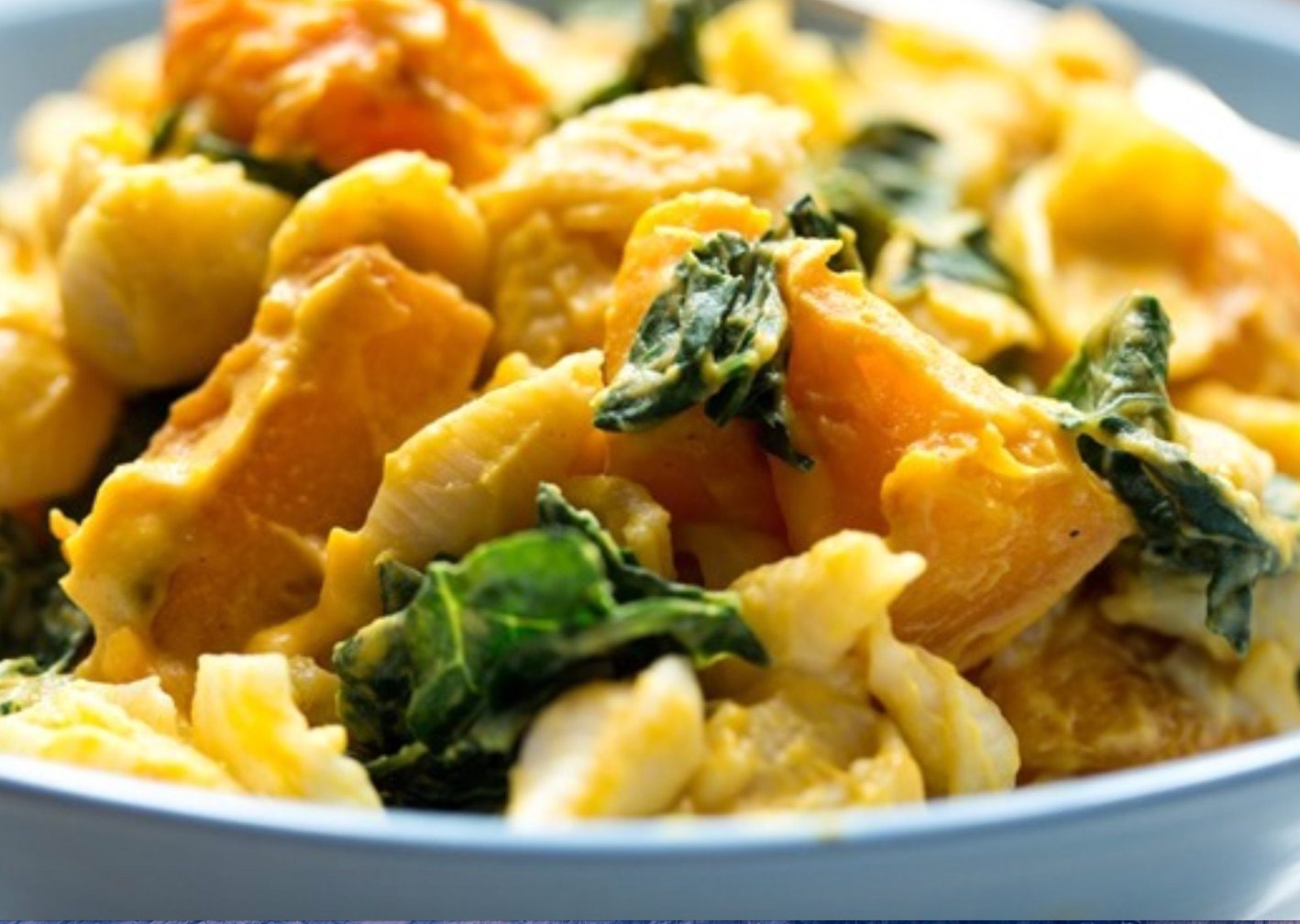
If you are looking to make changes to your diet, I suggest you start small, practice self-love and celebrate your baby steps. Find friends/family who can support you on your journey and join online communities of like minded individuals for resources and support. The dairy free, gluten free, sugar free, pescatarian, lifestyle may not be for everyone, but it’s right for me right now. As life changes my body may need/want different things and I will make adjustments when/if the time comes. Listen to your body and you will never go wrong.
- Wu AH, Lee E, Vigen C. Soy isoflavones and breast cancer. Am Soc Clin Oncol Educ Book. 102-6, 2013.
- Shu XO, Zheng Y, Cai H, et al. Soy food intake and breast cancer survival. JAMA. 302(22):2437-43, 2009.
- Nechuta SJ, Caan BJ, Chen WY, et al. Soy food intake after diagnosis of breast cancer and survival: an in-depth analysis of combined evidence from cohort studies of US and Chinese women. Am J Clin Nutr. 96(1):123-32, 2012.
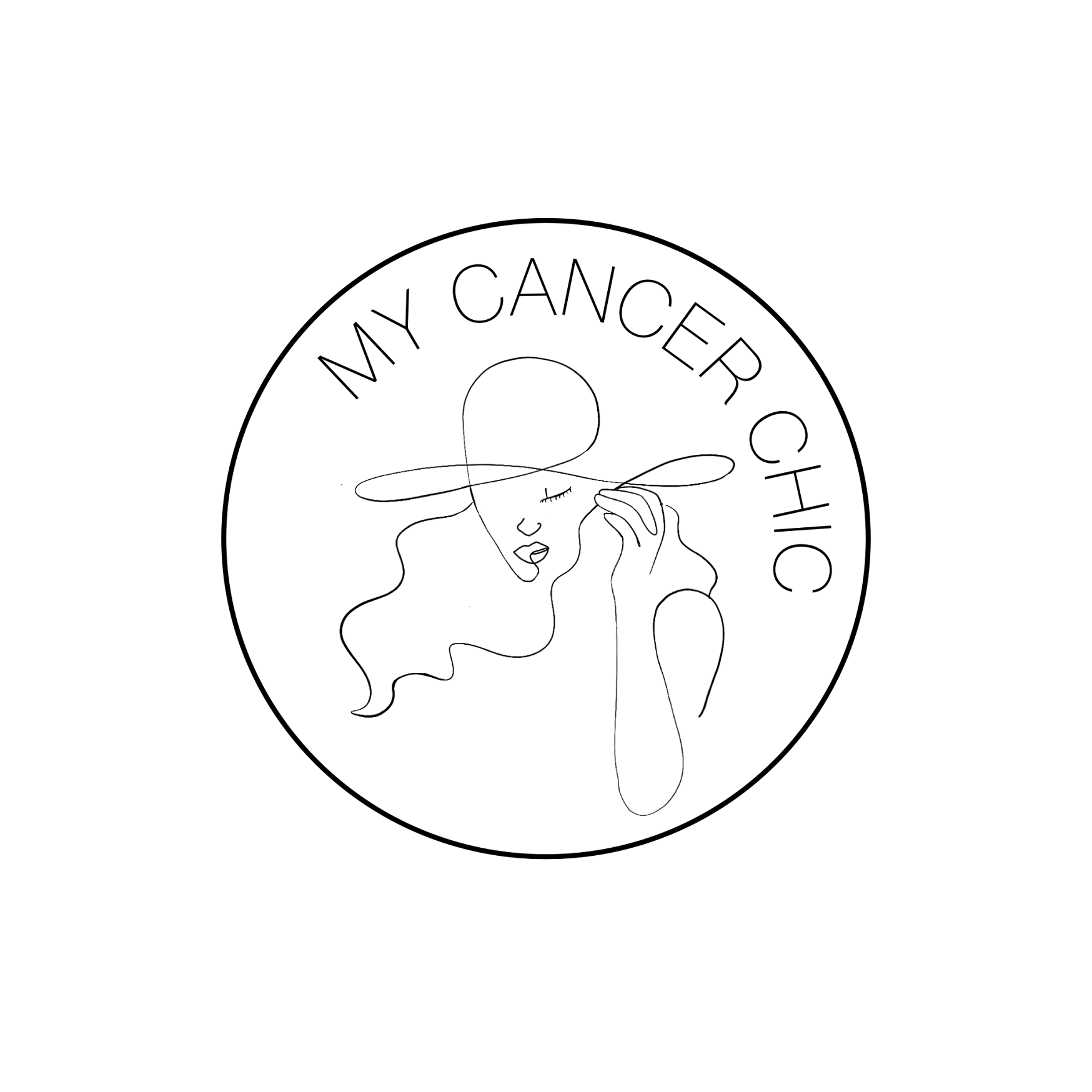
7 Comments